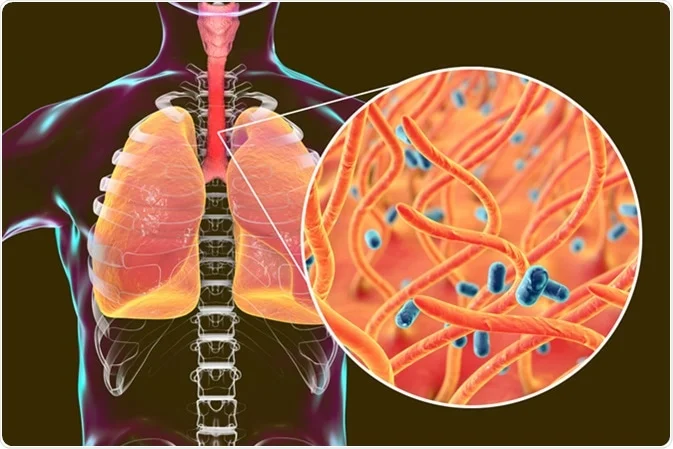In an innovative approach to immunization, Costa Rica is set to conduct a vaccine trial against whooping cough, involving an intranasal vaccine. The trial aims to recruit 300 participants aged between 6 and 17.
The Intranasal Vaccine and Its Application
Unlike conventional vaccines administered into the bloodstream, this new vaccine is designed to be applied directly where the pathogen enters the body – the nose. This strategy targets the disease at its point of entry, potentially leading to more effective prevention.
Existing Vaccination Methods
Currently, protection against whooping cough is incorporated in the Pentavalent vaccine, an injectable form of immunization. This vaccine also combats diphtheria, tetanus, haemophilus influenzae, and hepatitis B. It is administered at multiple stages – at two, four, and six months, then again at 15 months, and at 4 years, as well as to pregnant women. While it shields the recipient from severe cases of whooping cough, it does not prevent transmission to others.
The Promise of the Single-Dose Intranasal Vaccine
The intranasal vaccine is a single-dose solution, potentially offering a simpler and more efficient way to vaccinate against whooping cough. The mechanism of this new vaccine has already shown promising results in adult trials.
Participating in the Vaccine Trial
Those interested in participating in this pioneering trial or having their children participate can reach out to the organizers via email at icimed@ucimed.com, call Icimed at 2296-0100, or send a message to 8777-1878. Alternatively, potential participants can use the following contact link: bit.ly/3Lgtc2e.
Conclusion
The last major whooping cough outbreak in Costa Rica occurred in Corredores in 2019, with 23 recorded cases. The nation’s last recorded death from the disease was in 2008. With this new vaccine trial, Costa Rica seeks to further enhance the control and prevention of whooping cough.

